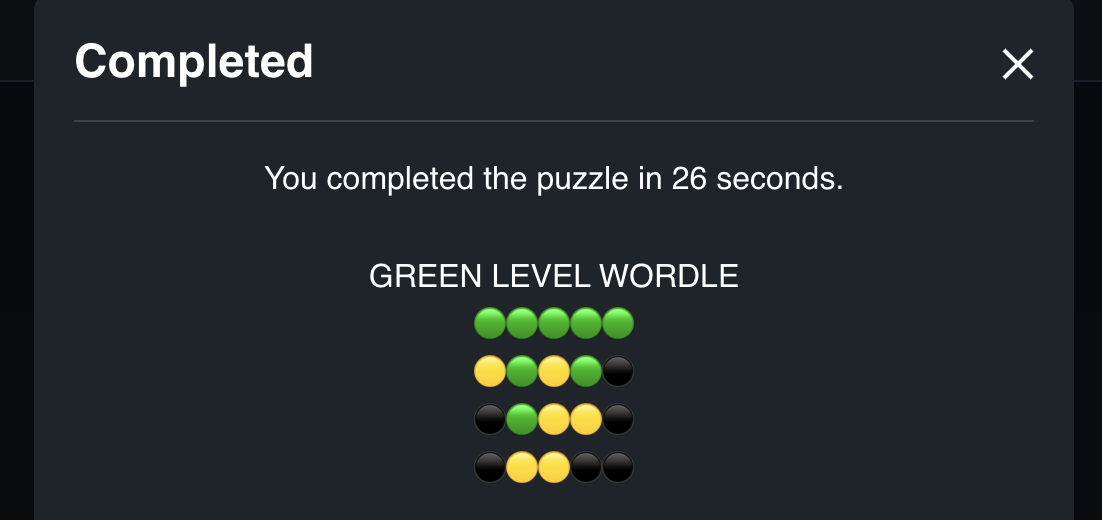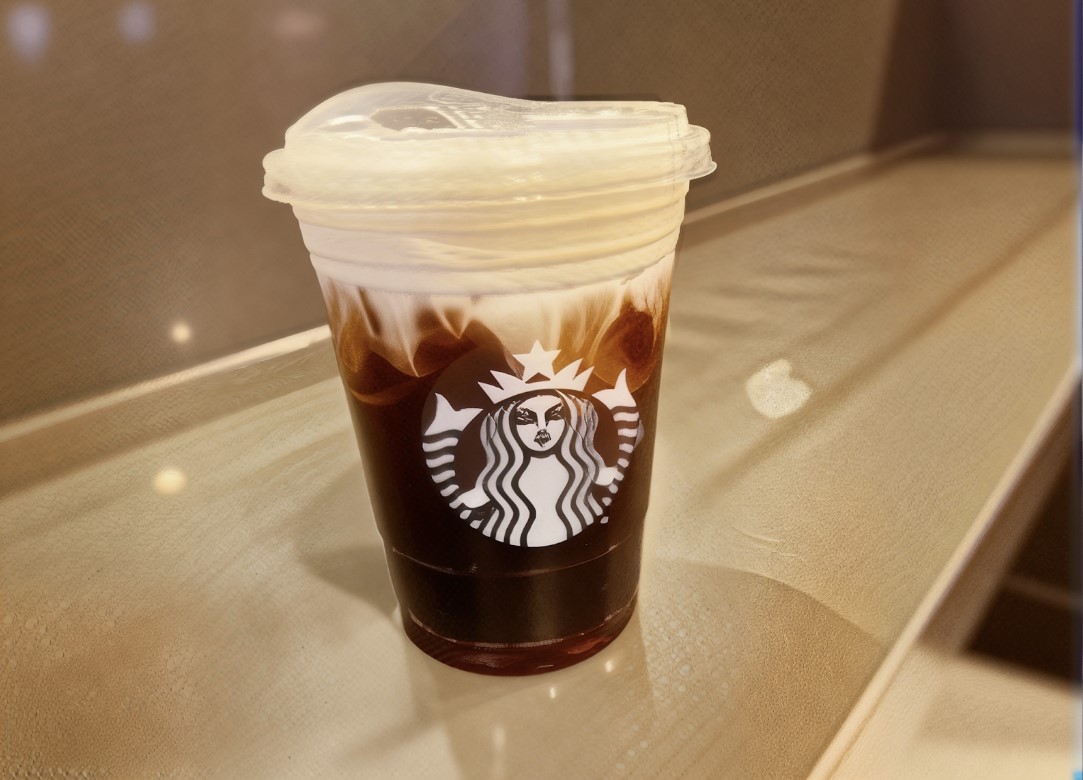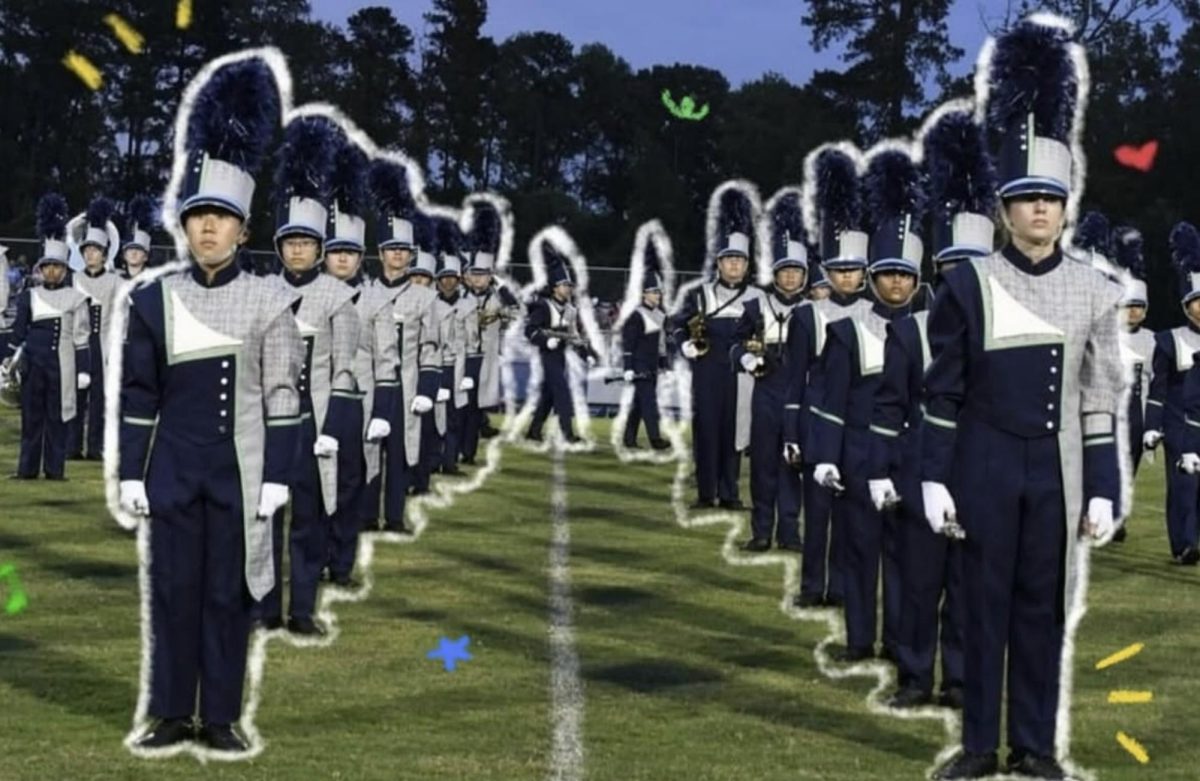Put up your Christmas tree and whip up some hot chocolate; it’s November!
Although there was a time when holidays lasted a single day and the preparation period was at most the same length, nowadays the occasions last much longer, with preparation starting months prior.
Department stores have started clearing shelves for gift sets and stockings in September, as a post on Reddit features a member complaining, “September literally just started, and they’re already selling Christmas decorations,” along with an image of red and white glittery home decor. A response to the post jokes, “When the stores are decorated for Christmas, you know Halloween is right around the corner.”
The holiday period is the busiest time of the year for many businesses when consumers are likely to spend the most money, hence the “Christmas creep.” At Hershey, the largest chocolate manufacturer in the world, the winter holidays, Halloween, and Easter drive a quarter of its business. The earlier a retailer starts selling holiday candy, the sooner they can gain an upper hand against their competitors.
As much as some shoppers complain about seeing candy canes on the shelves when skeleton and spider web decorations are still up, retail data suggests the tactic works. The National Retail Foundation’s report showed around 43% of holiday shoppers generally start buying before November. As many as 70% of shoppers are found taking advantage of October sales to pick up holiday gifts, decor, and other items on their list. So much for Black Friday. But do these numbers suggest that people encourage the earlier-arriving holidays each year?

The traditional view of Christmas includes a flamboyant display, a family seated around the table, plenty of food and drinks, and everyone getting along amid a selection of glittery-wrapped boxes. The American Institute of Stress, however, explains that there is much more to the holiday season than snow and smiles. Factors such as workload, high expectations, chaotic family time, and financial pressure are just some examples of stressors during the holiday.
For others, though, putting ornaments on the tree early brings joy, as Psychologist Deborah Serani mentioned to TODAY. “It does create that neurological shift that can produce happiness,” she said. “I think anything that takes us out of our normal habituation, the normal day in, day out … signals our senses, and then our senses measure if it’s pleasing or not.”
“Christmas decorating will spike dopamine, a feel-good hormone,” she mentioned. She discusses how Chromotherapy (color therapy) is thought to increase energy levels and boost happiness, which Christmas lights bring. Along with this, happy childhood memories hand nostalgia to people celebrating the holiday season, so they seek to start decorating much sooner. Another benefit of decorating early that people may take advantage of is that people associate decorations on a home with friendlier neighbors. Research has shown that people interpret Christmas decorations on a home as a cue that the people inside are sociable.
Are we spoiling these holidays by embracing them sooner and sooner each year, or are we justifiably bringing forth a spirit of joy for a longer period of time?














